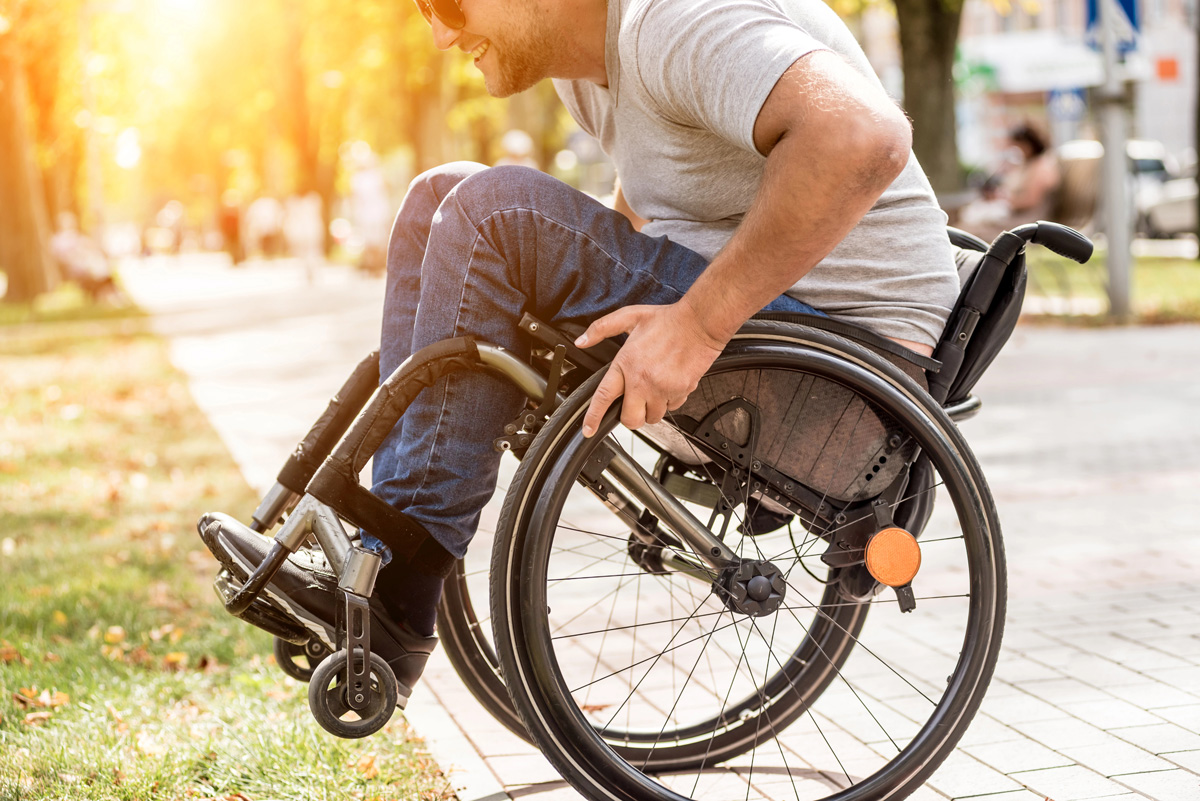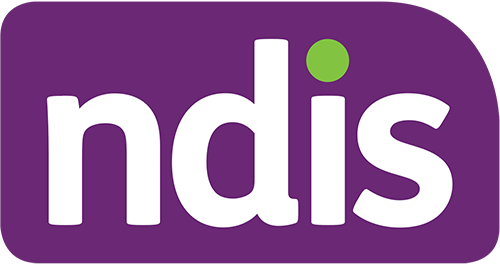Disability Pride Month is a powerful opportunity to celebrate the strength and resilience of individuals within the disability community. It’s a time to amplify voices, share stories, and acknowledge the unique challenges and triumphs that define the experiences of those with disabilities. This month serves not only as a reminder of the importance of inclusivity but also as a call to action for everyone to embrace diversity in all forms.
Understanding Disability Pride Month
Disability Pride Month, celebrated every July, is a significant occasion devoted to recognising and honouring the contributions, resilience, and achievements of individuals with disabilities. This month-long celebration originated in the United States and has grown to encompass a global movement advocating for the rights and recognition of disabled individuals. It serves as a time to reflect on the progress made in disability rights and to acknowledge the ongoing challenges faced by the disability community.
The roots of Disability Pride Month can be traced back to the Americans with Disabilities Act (ADA) of 1990, a landmark civil rights law that prohibits discrimination based on disability. The passing of the ADA marked a pivotal moment in the fight for disability rights, and July was chosen as Disability Pride Month to commemorate this milestone. By celebrating Disability Pride Month, we honour the legacy of advocacy that led to the ADA and continue to push for greater inclusion and accessibility in all aspects of society.
Disability Pride Month is not just about recognising the achievements of individuals with disabilities; it’s also about challenging societal norms and stereotypes. It encourages people to view disability as a natural part of human diversity rather than a limitation. Through various events, activities, and campaigns, Disability Pride Month promotes a positive narrative around disability, emphasising the strengths, talents, and contributions of disabled individuals. This month serves as a reminder that everyone, regardless of their abilities, deserves respect, dignity, and equal opportunities.
The Importance of Celebrating Disability Pride
One of the key aspects of Disability Pride Month is raising awareness about the barriers and challenges faced by disabled individuals. These can include physical, social, and attitudinal barriers that hinder full participation in society. By bringing these issues to light, we can advocate for necessary changes and improvements, such as increased accessibility in public spaces, better healthcare services, and inclusive education and employment opportunities. Celebrating Disability Pride Month encourages conversations about these important topics and drives collective action towards creating a more inclusive world.
Moreover, Disability Pride Month empowers individuals with disabilities by providing a platform for them to share their stories and experiences. It allows them to take pride in their identities and celebrate their achievements, despite the challenges they may face. This empowerment is essential for building self-esteem and confidence, and it helps to combat the stigma often associated with disability. By celebrating Disability Pride, we can inspire others to embrace their unique abilities and contribute to a more diverse and inclusive society.
Ways to Advocate for Disability Rights
Advocacy is a crucial component of Disability Pride Month, as it helps to drive meaningful change and improve the lives of individuals with disabilities. There are many ways to advocate for disability rights, ranging from grassroots activism to policy advocacy. By getting involved in advocacy efforts, we can help to create a more inclusive and equitable society for all.
Another important aspect of advocacy is raising awareness about disability issues and challenging misconceptions and stereotypes. This can be done through various means, such as social media campaigns, public speaking engagements, and community outreach. By sharing accurate information and personal stories, we can help to educate others about the experiences and contributions of individuals with disabilities. This, in turn, can foster greater understanding and acceptance, reducing stigma and promoting a more inclusive society.
Advocacy also involves supporting disability organisations and initiatives that work towards improving the lives of disabled individuals. These organisations often provide essential services, resources, and support to the disability community. By volunteering, donating, or participating in their events and campaigns, we can contribute to their efforts and help to amplify their impact. Supporting disability organisations not only helps to address immediate needs but also contributes to long-term systemic change.
Creative Expressions: Art and Disability
Artistic expression is a powerful tool for celebrating disability pride and challenging societal perceptions of disability. Through various forms of art, individuals with disabilities can share their unique perspectives, experiences, and talents, fostering a deeper understanding and appreciation of disability. Art has the ability to transcend barriers and connect people on an emotional level, making it an invaluable medium for promoting inclusivity and acceptance.
Visual art, such as painting, sculpture, and photography, provides a platform for disabled artists to showcase their creativity and challenge traditional notions of ability and disability. Many disabled artists use their work to explore themes related to identity, resilience, and the human experience.
Performing arts, including dance, theater, and music, also play a significant role in celebrating disability pride. Disabled performers bring their unique talents and perspectives to the stage, challenging stereotypes and showcasing the diversity of human experience.
Literature and storytelling are other powerful forms of artistic expression that can amplify the voices of individuals with disabilities. Through writing, disabled authors can share their personal experiences, insights, and perspectives, contributing to a more nuanced understanding of disability. Books, essays, and poetry by disabled writers can challenge societal norms and provide valuable insights into the lived experiences of disabled individuals. By reading and promoting the work of disabled writers, we can support their contributions and help to ensure that diverse voices are heard and valued.
Engaging with Disability Organisations
Disability organisations play a crucial role in advocating for the rights and well-being of individuals with disabilities. These organisations provide essential services, resources, and support to the disability community, helping to address immediate needs and drive long-term systemic change. Engaging with disability organisations during Disability Pride Month is an excellent way to support their efforts and contribute to a more inclusive society.
One way to engage with disability organisations is by volunteering your time and skills. Many organisations rely on volunteers to help with various tasks, such as organising events, providing administrative support, and offering direct services to individuals with disabilities. Volunteering not only helps to support the organisation’s mission but also provides an opportunity to learn more about disability issues and connect with the disability community. Whether you have a few hours to spare or can commit to a longer-term volunteer role, your contribution can make a meaningful difference.

Donating to disability organisations is another impactful way to support their work. Financial contributions help these organisations to continue providing vital services and resources to the disability community. Donations can fund programs such as accessible transportation, assistive technology, education and training, and advocacy efforts. Many organisations also accept in-kind donations, such as equipment, supplies, and other items that can benefit individuals with disabilities. By contributing financially or through in-kind donations, you can help to ensure that disability organisations have the resources they need to make a positive impact.
Participating in events and campaigns organised by disability organisations is another way to show your support and get involved. Many organisations host events such as fundraisers, awareness campaigns, workshops, and conferences during Disability Pride Month. Attending these events provides an opportunity to learn more about disability issues, connect with others who share your commitment to disability rights, and show your support for the organisation’s mission. By actively participating in these events, you can help to raise awareness and promote inclusivity in your community.
Social Media Campaigns for Awareness
Social media has become a powerful tool for raising awareness about disability issues and promoting Disability Pride Month. Through social media campaigns, individuals and organisations can reach a wide audience, share important information, and amplify the voices of disabled individuals. By participating in and supporting social media campaigns, we can help to spread awareness and promote a more inclusive and understanding society.
One effective way to use social media for disability awareness is by sharing personal stories and experiences. Individuals with disabilities can use platforms like Facebook, Twitter, Instagram, and TikTok to share their unique perspectives, challenges, and achievements. These personal narratives can help to humanise disability, challenge stereotypes, and foster empathy and understanding. By following and sharing the stories of disabled individuals, we can help to amplify their voices and promote a more diverse and inclusive narrative around disability.
Educational content is another important aspect of social media campaigns for disability awareness. Sharing articles, infographics, videos, and other resources about disability issues can help to inform and educate others. Topics may include accessibility, disability rights, inclusive practices, and the experiences of disabled individuals. By sharing and engaging with educational content, we can help to raise awareness and promote a better understanding of disability. Additionally, supporting and following disability advocacy organisations on social media can help to stay informed about important issues and initiatives.
Personal Reflections: Sharing Your Story
Sharing personal reflections and stories is a powerful way to honour Disability Pride Month and contribute to a more inclusive and understanding society. Whether you are an individual with a disability or an ally, your story can provide valuable insights and inspire others to embrace diversity and inclusivity. Personal narratives have the ability to connect with people on a deep emotional level, fostering empathy and challenging misconceptions.
For individuals with disabilities, sharing your story can be an empowering experience. It allows you to take pride in your identity and celebrate your achievements, despite the challenges you may face. Your story can provide a unique perspective on disability, highlighting the strengths, resilience, and talents that define your experiences. By sharing your journey, you can inspire others who may be facing similar challenges and help to create a more supportive and inclusive community.
Allies also play a crucial role in sharing stories and promoting disability pride. As an ally, you can use your platform to amplify the voices of disabled individuals and raise awareness about disability issues. Sharing stories of disabled friends, family members, or colleagues can help to humanise disability and challenge stereotypes. Additionally, reflecting on your own experiences and learning journey as an ally can provide valuable insights and encourage others to become more informed and supportive.
There are many ways to share your story, whether through social media, blogs, videos, or public speaking engagements. The key is to be authentic and honest, sharing your experiences and insights in a way that resonates with others. By contributing your voice to the conversation, you can help to promote a more inclusive and understanding society, where diversity is celebrated and everyone is valued.

